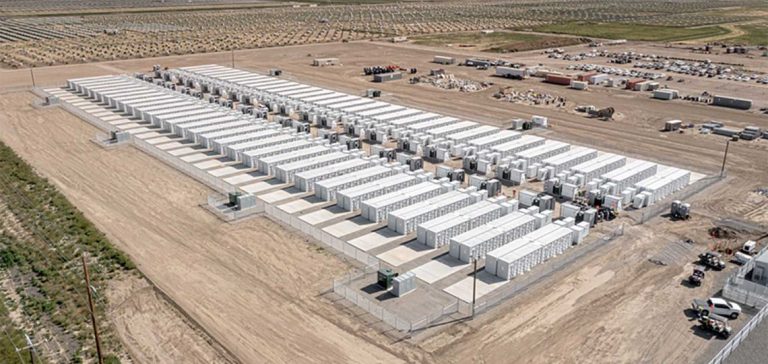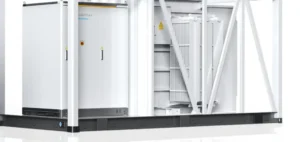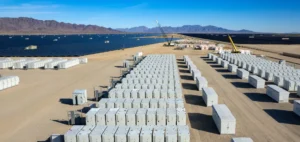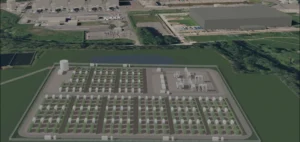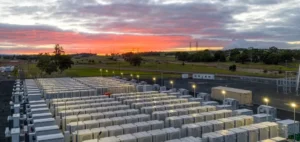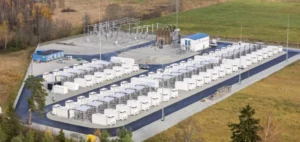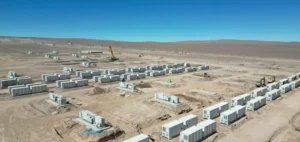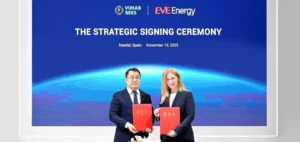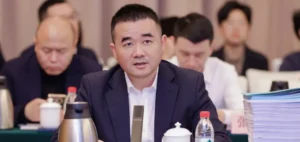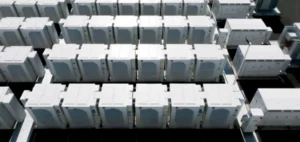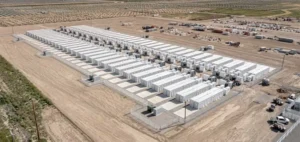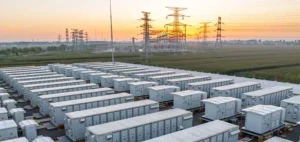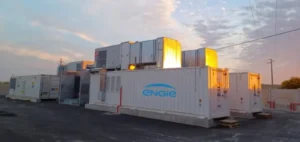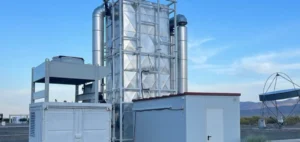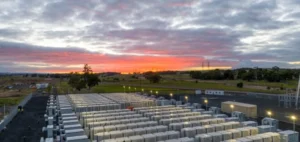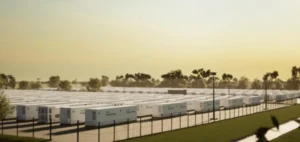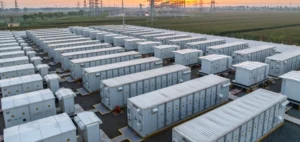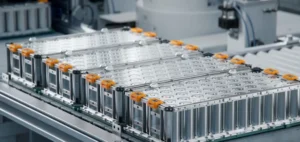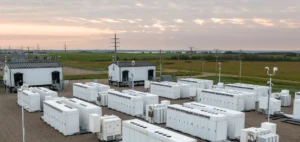RWE, a leading company in the renewable energy sector, continues its rapid expansion in the United States by adding battery storage projects to its portfolio. The company has commenced construction on three battery energy storage systems (BESS) in Texas, bringing the total capacity of its ongoing projects to 931 megawatts across California, Texas, and Arizona. These new projects reflect RWE’s commitment to strengthening the U.S. energy infrastructure while supporting the transition to more sustainable energy sources.
Construction is currently underway at the sites of the Crowned Heron 1 and 2 systems, as well as the Cartwheel 1 project, located in Fort Bend County and Sulphur Springs, Texas. These three facilities will have a combined power capacity of 450 megawatts (MW) and a storage capacity of 900 megawatt-hours (MWh). They will significantly contribute to RWE’s global goal of developing 6 gigawatts (GW) of battery storage capacity by 2030.
Impact on the regional power grid
Once operational, the Crowned Heron 1 and 2, along with Cartwheel 1, will provide essential energy storage capacity to support the stability and resilience of the Electric Reliability Council of Texas (ERCOT) grid. This capacity is particularly critical as Texas continues to face record peak demand during extreme heatwaves. Energy storage helps smooth out demand fluctuations and ensures a steady supply, even during periods of high consumption.
Hanson Wood, Head of Utility-Scale Renewables Development at RWE Clean Energy, stated: “These battery storage projects mark a significant step in our ongoing commitment to enhancing the energy infrastructure in Texas while growing our energy storage portfolio. Once completed and operational, our Crowned Heron 1 and 2, as well as Cartwheel battery projects, will serve as reliable energy storage solutions to enhance grid stability and support the state’s rapidly growing renewables sector.”
Project details
The Crowned Heron 1 and Crowned Heron 2 projects are each 150 MW (300 MWh) BESS located in Fort Bend County, Texas. Construction of Crowned Heron 1 is expected to be completed by the summer of 2025, with Crowned Heron 2’s commissioning scheduled for the fall of 2025. These installations will leverage advanced energy storage technologies to optimize electricity management and improve the reliability of the local grid.
The Cartwheel project, also a 150 MW (300 MWh) BESS, is located in Sulphur Springs, Texas, where RWE also operates Bright Arrow, a 300 MW solar and 100 MW (200 MWh) project announced earlier this year. Construction of the Cartwheel project is expected to be finalized by the summer of 2025. This project will complement RWE’s existing storage capacity in the region, offering an integrated solution for renewable energy management.
RWE’s global energy storage goals
These new projects align with RWE’s broader strategy to significantly increase its energy storage capacity. With a target of 6 GW of global battery storage capacity by 2030, RWE demonstrates its commitment to a sustainable energy transition and its willingness to play a key role in stabilizing power grids in response to the challenges posed by the integration of intermittent renewable energy sources.
The development of these battery storage projects also enables RWE to meet the growing demand for clean energy while minimizing its environmental impact. By investing in advanced storage technologies, RWE is not only strengthening its position in the U.S. renewable energy market but is also contributing to the creation of a more resilient and efficient energy network.
Future prospects for RWE in the U.S.
With these initiatives, RWE continues to strengthen its presence in the United States, a strategic market for the growth of renewable energy. The expansion of RWE’s energy storage portfolio allows the company to meet increasing demands for grid stability and to support the increased integration of renewable energy sources. Moreover, these projects create local job opportunities and promote economic development in the regions where they are implemented.
Additionally, RWE plans to continue exploring new energy storage opportunities and other renewable technologies to diversify and optimize its energy offerings. This proactive approach positions RWE as a key player in the renewable energy sector, capable of adapting to market developments and effectively meeting future energy needs.


